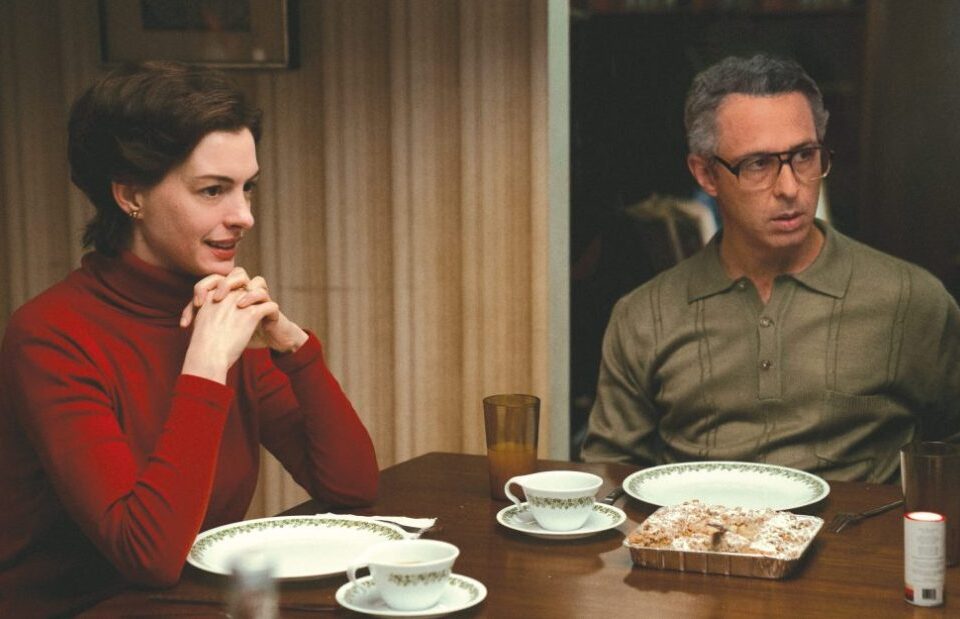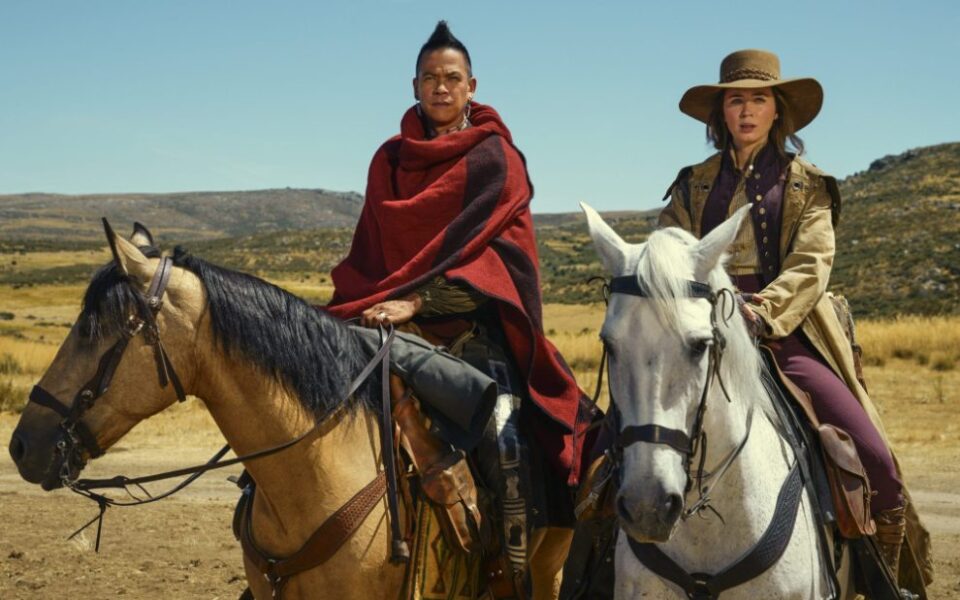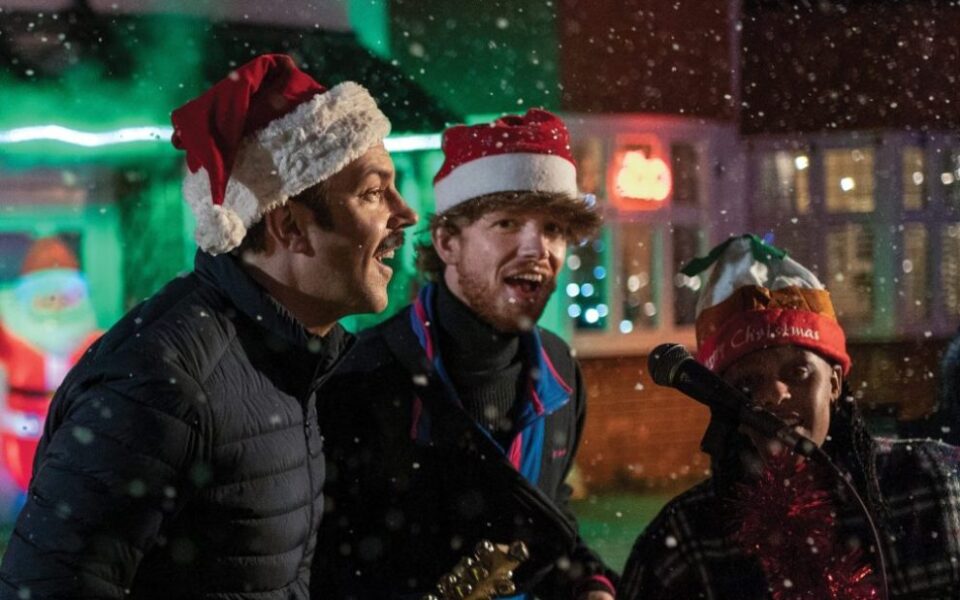This Armageddon is not the mythic final battle between one army that is consummately good and another that is demonically evil.
Armageddon Time is a nuanced exploration of the way both lesser and better angels exist in all of us—and in the cultural and social systems that marginalize and overlook some kinds of people while centering and privileging others.
Writer and director James Gray has made a coming-of-age film about his sixth-grade year in Queens, New York in the 1980s—told through the eyes of protagonist Paul Graff (the angelic-faced Banks Repeta).
Young Paul hears his grandparents’ stories of antisemitism: relatives being shot in front of their children or hauled off to the camps during the war, American relatives not being able to enter the schools they wanted or be considered for jobs for which they were qualified. His family knows firsthand the experience of being oppressed and sidelined.
Yet Paul and his family benefit from privilege that his Black school friend Johnny (Jaylin Webb) does not enjoy.
Each time Paul and Johnny get in trouble—mouthing off to their teacher, smoking weed in the school bathroom, or stealing a school computer—Paul’s parents come to his aid, and authorities are relatively compassionate.
Paul gets to leave the principal’s office or the police station under a parent’s wing, but Johnny, who lives in poverty with an ailing grandmother, receives no such treatment. He sits behind, an 11-year-old kid facing furious adults who find excuses for Paul’s behavior but hold Johnny responsible for doing the same things.
Paul’s grandfather is ill, and a police officer sympathizes with Paul “having troubles at home.” Johnny, whose troubles at home are life-threatening, gets no such consideration. When Paul weakly protests the unfairness of the breaks he’s being given, Johnny—with the wisdom that only people dwelling on the margins possess about the privileged folk who live in the centers—tells him this is just how the world works. And he’s right.
Paul cares that Johnny is being discriminated against, but Paul is also grateful to walk through the loopholes in the system that are available to white people. His family is similarly duplicitous and complex—his grandfather, Aaron (Anthony Hopkins), tells him to “be a mensch” and stand up to racism, yet his father tells him to take the breaks when he can get them and be grateful.
When Paul is moved from a public school to a private one, on his first day he gets advice about coping from a visitor lingering in the hallway—Fred Trump, Sr. He’s there to hear his daughter, Maryanne (Donald’s sister), deliver a school assembly speech about how she succeeded as an assistant U.S. attorney through hard work and her own sheer grit (overlooking her excellent education, networking with other rich children, and her father’s millions). If Johnny had been at that assembly—Paul left him back at public school—he would have nodded, unsurprised. That’s just how the world works.
Gray interrogates his childhood and finds himself culpable, right along with his parents (Anne Hathaway and Jeremy Strong), who are both loving and colossally inept, failing time and again to respond effectively to Paul’s acting out, his big brother’s bullying, and his grandpa’s cancer. Strong is brilliant as Paul’s anxious, violent father, light years removed from his Machiavellian cunning in Succession.
Grandpa Aaron faces the world with more competence, and Hopkins delivers a rational and wise presence Paul sorely needs in contrast to his parents’ histrionics.
There are no pat answers offered here. Paul and Johnny seem fatally set on divergent paths not of their own making, but on which Paul will acquire unearned benefit his entire life. Gray reveals this loss of childhood innocence, and it’s uncomfortable to witness.
It’s a family film that can spark meaningful conversations about race and privilege with tweens and young ones. You’ll have to hit pause and explain that sassing teachers, doing drugs in school, and stealing qualify as poor choices with undesirable consequences—but that will open the door to examining how those consequences differ based on the color of your skin, the building in which you worship, or the neighborhood in which you live.
In his soundtrack, Gray uses the powerful Willi Williams song “Armageddon Time” covered by The Clash: “A lotta people won’t get no justice tonight / So a lot of people going to have to stand up and fight.” People who are not racist or antisemitic still profit from privilege and don’t readily surrender it, even when they are oppressed in some other aspect of their identity.
In this kind of Armageddon, the battle is internal, quiet, sometimes even unconscious as people follow social norms as if they were the natural order of things. Winning means awakening to the fact that how the world works is something we invented—and recognizing that we can take that apart and build something much more just.
This article originally appeared in U.S Catholic.
Image: Focus Features






